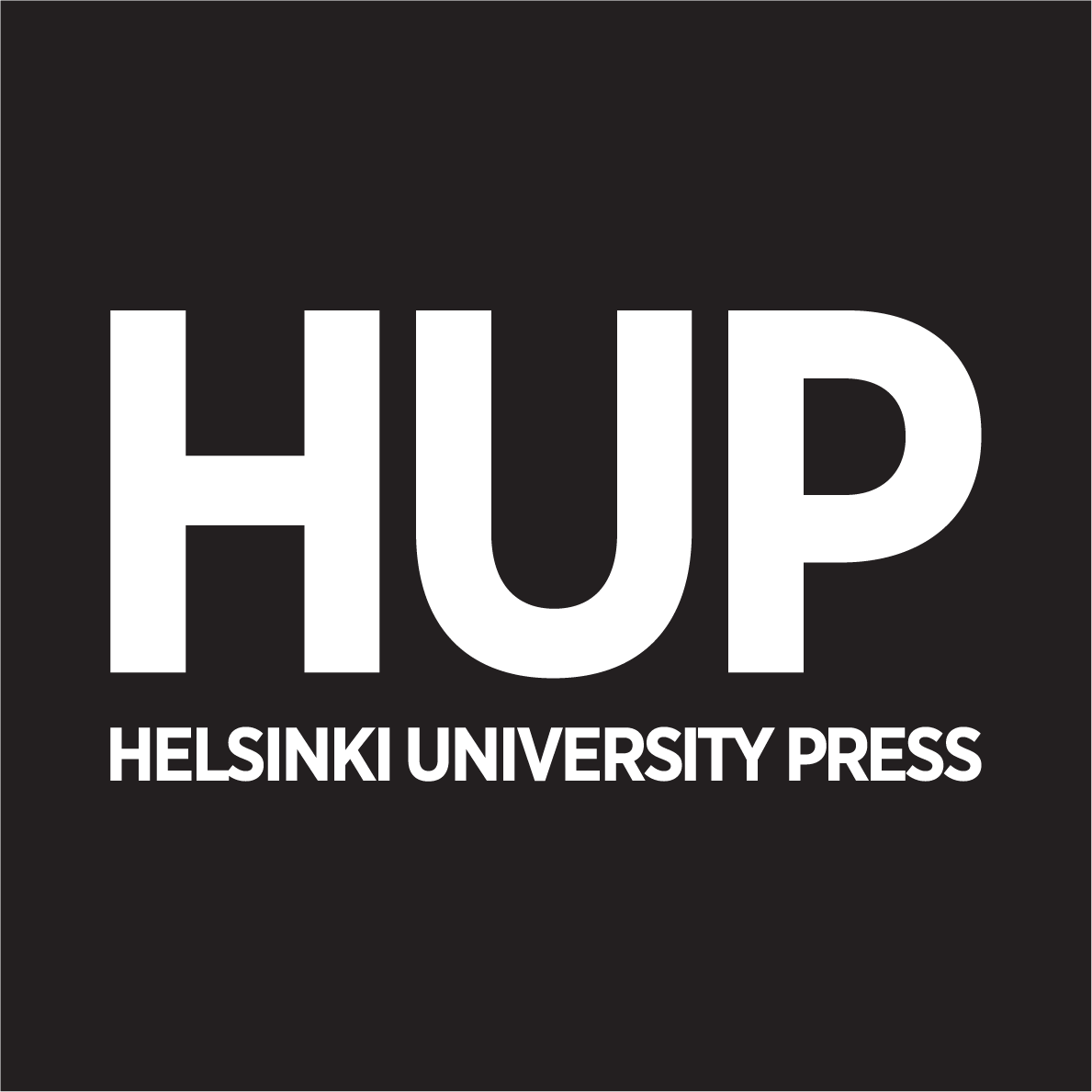




|
Fences and Biosecurity: The Politics of Governing Unruly NatureAnnika Pohl Harrisson and Michael Eilenberg (eds.) Fences and Biosecurity explores how fencing can be and is used to preserve national biosecurity. This volume brings together ethnographic case studies that provide unique insights into the social and political dynamics of biosecurity fencing in Europe and North America. Biosecurity discourses and fencing practices have consequences for humans and non-humans that trigger larger debates about risk politics. In essence, the volume highlights the need to consider broader societal implications, power struggles, equity concerns, and ethical perspectives when making choices about how we interact with and manage the natural world. |

|
Sacred Callings: An Eventful Analysis of the Global Catholic PriesthoodBrian Conway Sacred Callings is an innovative and statistically compelling presentation of cross-national trends in the Catholic male workforce. The monograph is based on an in-depth comparative-historical analysis showing the changes in the number of Catholic priests in Argentina, Malta, Nigeria, and the Philippines between 1950 and 2010. By applying critical events theory to assess how significant or exceptional developments in the Catholic Church impact the short- and long-term evolution of the workforce, Sacred Callings introduces innovative approaches to theorizing religious change. |